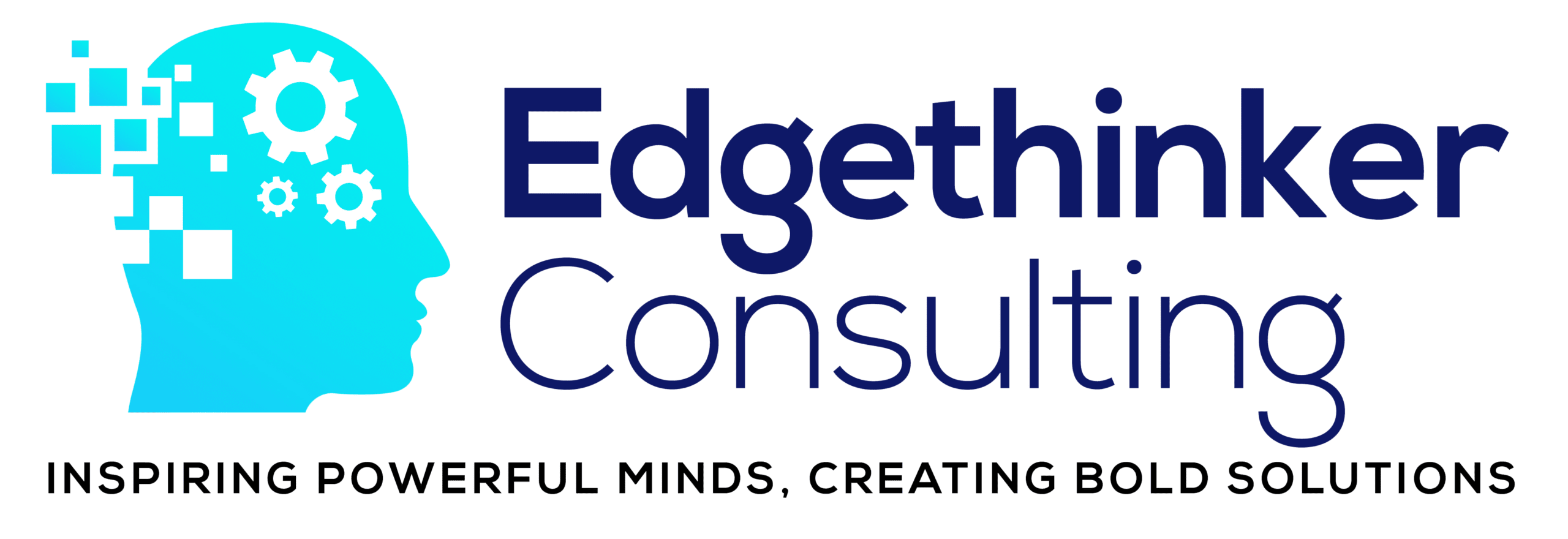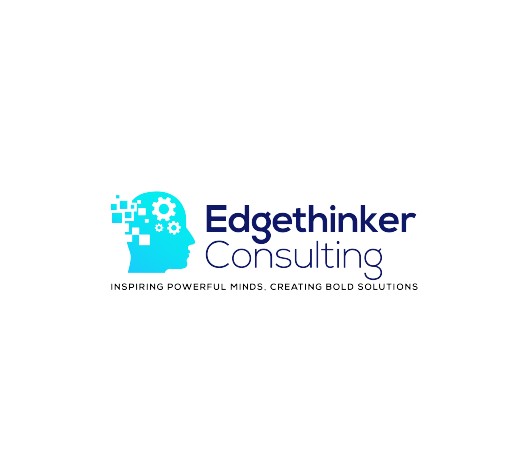Overview
A Go-to-Market strategy cannot be implemented and generate real results without Sales Governance that reflects priorities, realigns incentives, and adapts to the commercial characteristics.
In businesses, sales procedures frequently evolve experimentally and progressively. This organic style of development sometimes leads to enormous disparities in the performance of teams and the markets in which they operate. It also makes it harder to identify and use the best sales strategies across all teams and to increase the overall service quality.
The following are some of the indications that a company’s sales processes and governance are not standardized:
Overall, these issues are indicative of an inability to implement the Go-to-Market Strategy. Without the proper sales practices, processes, tools, and key performance indicators (KPIs) to support the strategy, sales performance will inevitably decline, and company growth may stagnate.
How We Do?
We assist our clients in establishing a governance model that is focused on meeting customer needs and improving service quality.
The primary objectives of a Sales Governance project are to provide a higher level of customer service and to reorganize and prioritize the sales teams’ efforts based on the varying needs of the customers.
To assist our clients in delivering these capabilities, we assist them in:
Expected Outcome
Sales Governance projects are advantageous for the organization, the sales force, and the customer.

